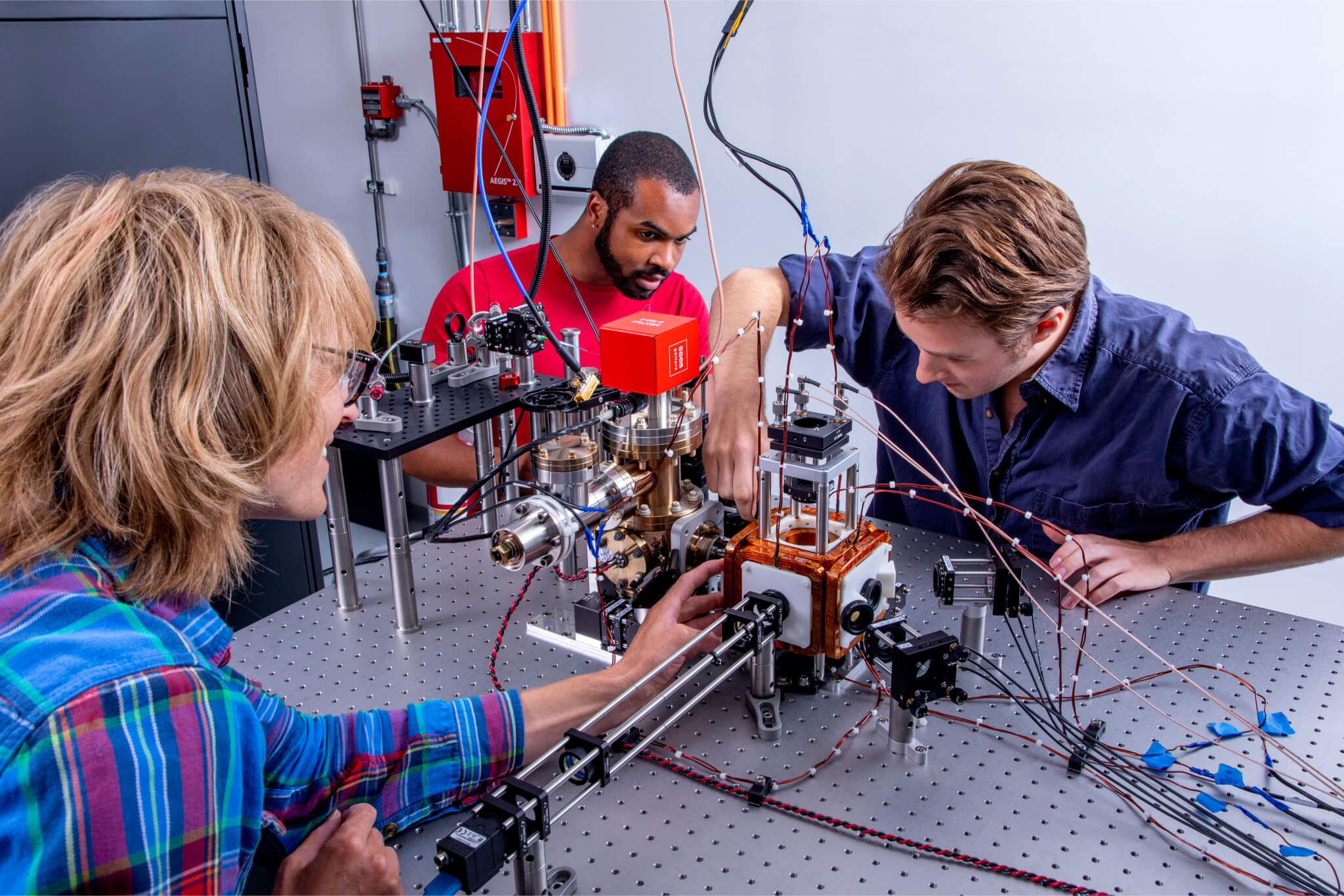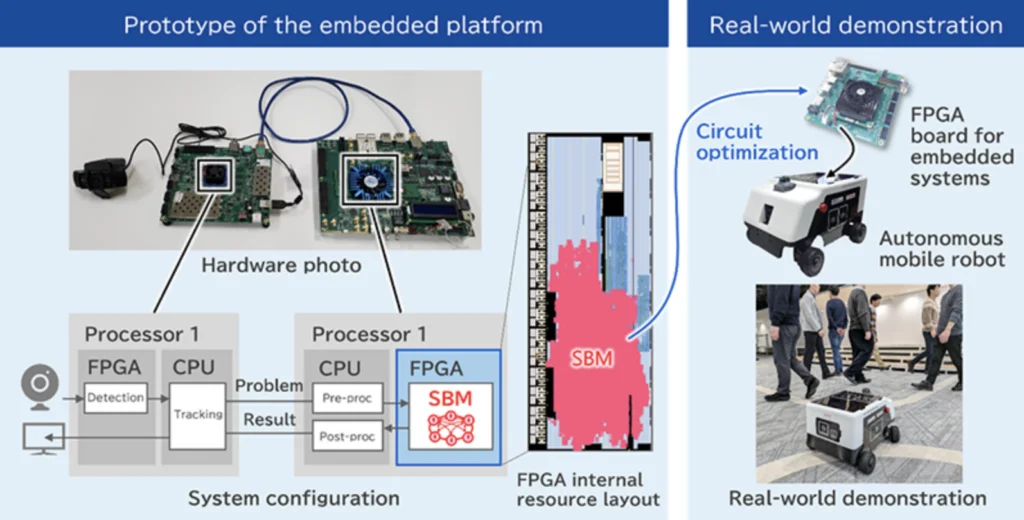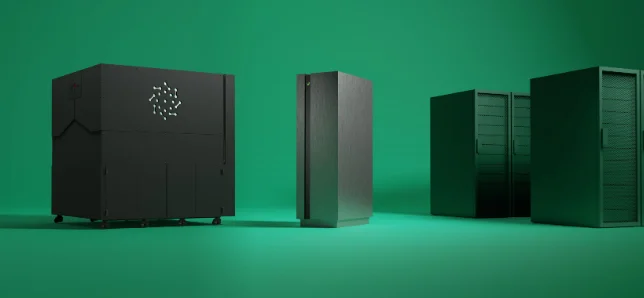Insider Brief
- Fresh off a $230 million funding round, QuEra plans to double its workforce to 130 employees by the end of the year, interim CEO Andy Ory told The Boston Globe.
- The investment, backed by Google, SoftBank Vision Fund, and Valor Equity Partners, will support QuEra’s efforts to develop large-scale quantum computers and expand its neutral-atom technology.
- Ory said the company will stay near its academic roots in Allston, close to Harvard, to maintain collaborations critical to advancing its quantum computing research.
PRESS RELEASE — Fresh off a major funding round, QuEra plans to double its workforce by the end of the year, according to the Boston Globe. QuEra’s CEO also told the newspaper that the company will remain an easy commute from the Boston-based universities that spawned its technology.
The Boston-based quantum computing startup, which recently raised over $230 million, will expand from 69 to about 130 employees, interim chief executive Andy Ory told the Globe. The investment, backed by Google, SoftBank Vision Fund, and Valor Equity Partners, will support QuEra’s development of large-scale quantum computers and meet rising demand for its neutral-atom technology.
Ory, a veteran entrepreneur who took networking startup Acme Packet public before its $2 billion sale to Oracle, took over as interim QuEra CEO last summer. Company founder Alex Keesling now serves as chief technology officer.

“We stand a very good chance of delivering [programs] you can’t do with a classical computer to the market over the next three years or so,” Ory said in an interview with The Boston Globe.
Quantum computers harness the properties of atoms and subatomic particles to process information in ways beyond the reach of today’s most powerful supercomputers. QuEra’s Aquila quantum processor traps rubidium atoms using laser beams, manipulating them to perform complex calculations. While the technology is still prone to errors, QuEra has made its system available via Amazon Web Services for early testing.
Quantum computing researchers say advances in key areas like photonics and laser control are converging, accelerating the field’s progress, experts told The Boston Globe.
“Advances in all these things are coming to a confluence,” Douglas Petkie, a physics professor at Worcester Polytechnic Institute, told the Globe. “I think in terms of major accomplishments happening in three years.”
As quantum computers improve, they could work alongside classical systems in artificial intelligence, helping to generate massive datasets that conventional AI programs could use. Ory pointed to drug discovery as one application, where quantum simulations could model molecular interactions faster than classical computers.
Energy consumption is another potential advantage. The data centers supporting AI applications consume large amounts of electricity, and some experts have suggested restarting nuclear plants to meet demand. Ory noted that quantum computing could be a more efficient alternative.
“People are talking about starting up Three Mile Island to power data centers building AI and our computer today, as powerful as it is, only takes as much electricity as three hair dryers,” he said, as reported by The Boston Globe.
Despite its growth, QuEra intends to remain close to its academic roots. The company’s headquarters in Allston sits near Harvard University, where much of its foundational research was conducted.
“We want to be a bike ride — no further — from the universities, because we are still actively translating a lot of science and we are collaborating,” Ory said. “To move too far away at this stage is a hurdle we don’t necessarily need to have.”













